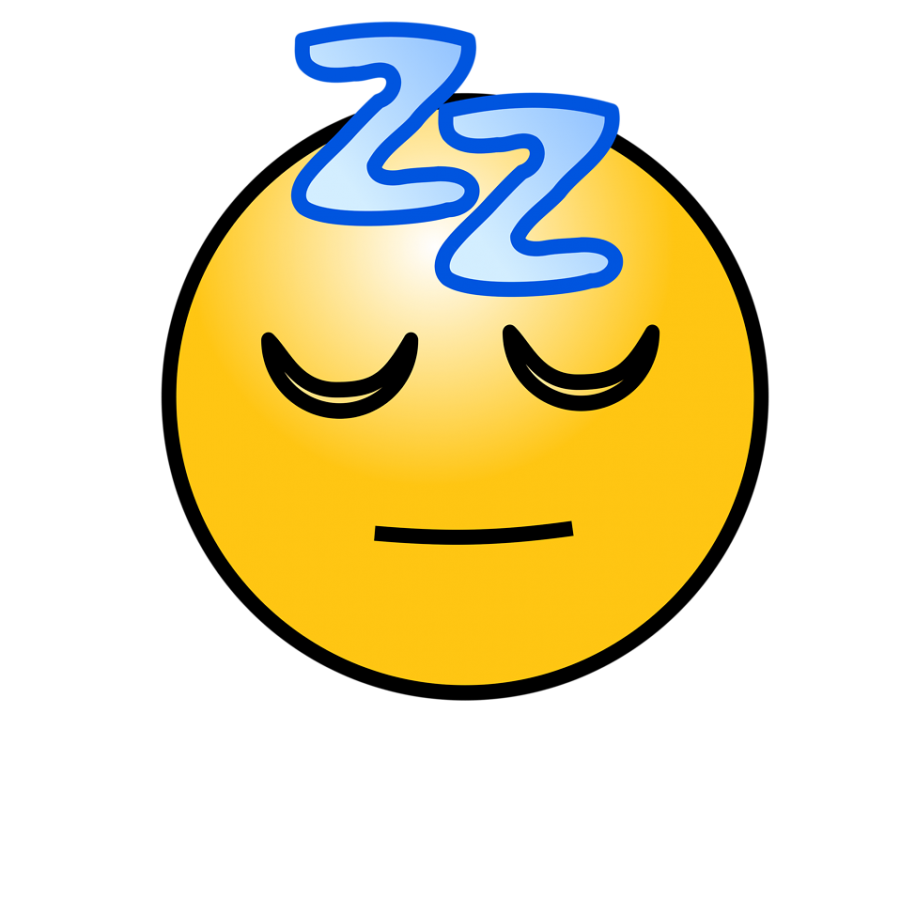People lose too much sleep over worrying about sleep
March 20, 2018
When did getting enough rest become burdensome?
As a high school student, it’s difficult enough to try to get a full seven to eight hours of sleep each night. As a result, many students and adults resort to tracking their sleep, becoming heavily focused on the number of hours they sleep per night. Though there is nothing wrong with tracking sleep, the process can easily become obsessive, unhealthy and lead to a condition known as orthosomnia.
According to a Dec. 2017 Sleep Review article, orthosomnia means being overly concerned with getting “perfect” sleep. Having too much stress and anxiety around sleep can make it harder to get the high quality shut-eye one may be obsessively looking for.
Society seems to love to transcribe every part of life in terms of numbers. From how many calories we eat in a day, to what percentage we earn on a test, to how many hours we sleep at night, everything seems to just be a numbers game.
According to a Feb. Elite Daily article, sleep is a natural occurrence that will have its ups and downs like anything else. If you pay too close attention to how long it takes for you to fall asleep, then it can most likely take longer because you are trying too hard to get rest.
The problem: there seems to be no happy medium. People are either overly concerned with tracking their sleep, therefore ruining any chance they might have at peace of mind, or they aren’t necessarily phased by how much they sleep, possibly disregarding their body’s basic and essential needs.
According to a Feb. 2017 Science Daily article, an extreme fixation on data, especially potentially inaccurate data, can hinder efforts by therapists to assist patients who struggle with sleep disorders.
No one should lay under the covers at night crunching numbers in their head and reviewing sleep statistics that claim information on getting a perfect night’s rest. You’ll wake up miserable and exhausted. Even though this information can prove helpful at times, fixating on these types of thoughts can prove to be incredibly toxic and may lead to poor sleep quality. Count sheep, not sleep.
According to a Feb. Elite Daily article, people can become so wrapped up in tracking sleep data and following instructions that their fixation can lead to anxiety—which is ironically one of the most common sources of sleep disruption.
Some may claim tracking sleep is healthy by allowing individuals to regulate and manage their sleep, and no one disputes this fact. It does allow people to balance their sleep—but it is only healthy to a certain extent.
According to a Jan. Bustle article, the best way to make something better is to measure it. It feels easy to become hyper-focused on sleep health when you have so much other data at your fingertips, but the best way to stay healthy is to stay aware. If you feel anxious about getting enough sleep, it may be time to step away from tracking.
These discoveries are an indication that even well-intentioned technology may have undesired consequences. Sleep trackers have helped many attain better rest, and that’s great, but if one lays awake every night nervous that they won’t live up to the standards a device has set for them, it might be time to unplug from technology and manage their sleep in a healthier and more efficient way.


